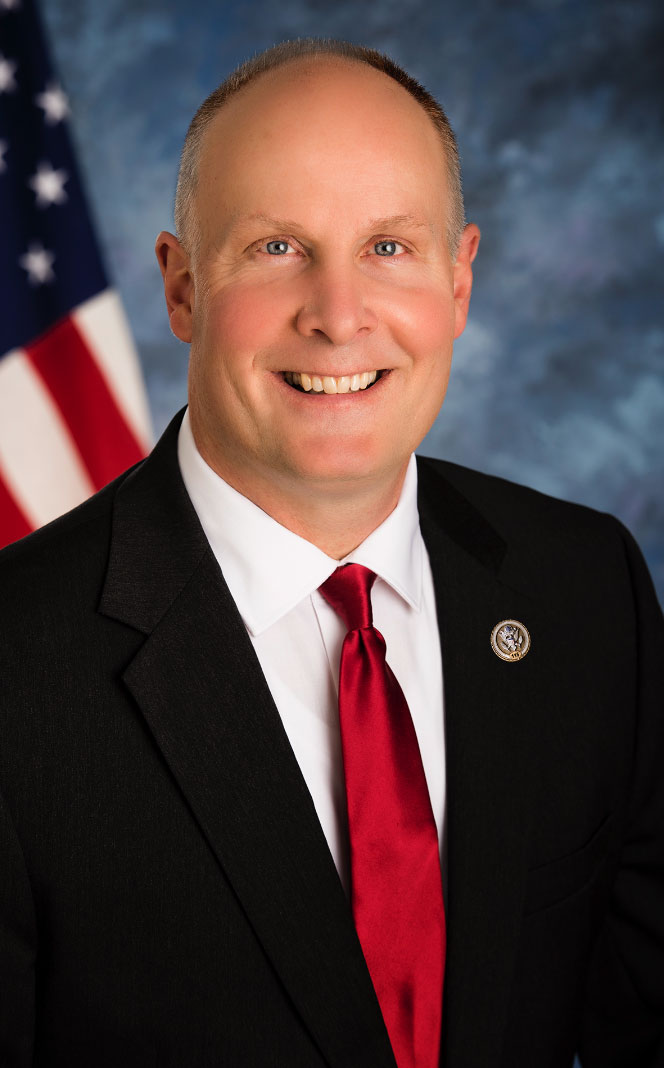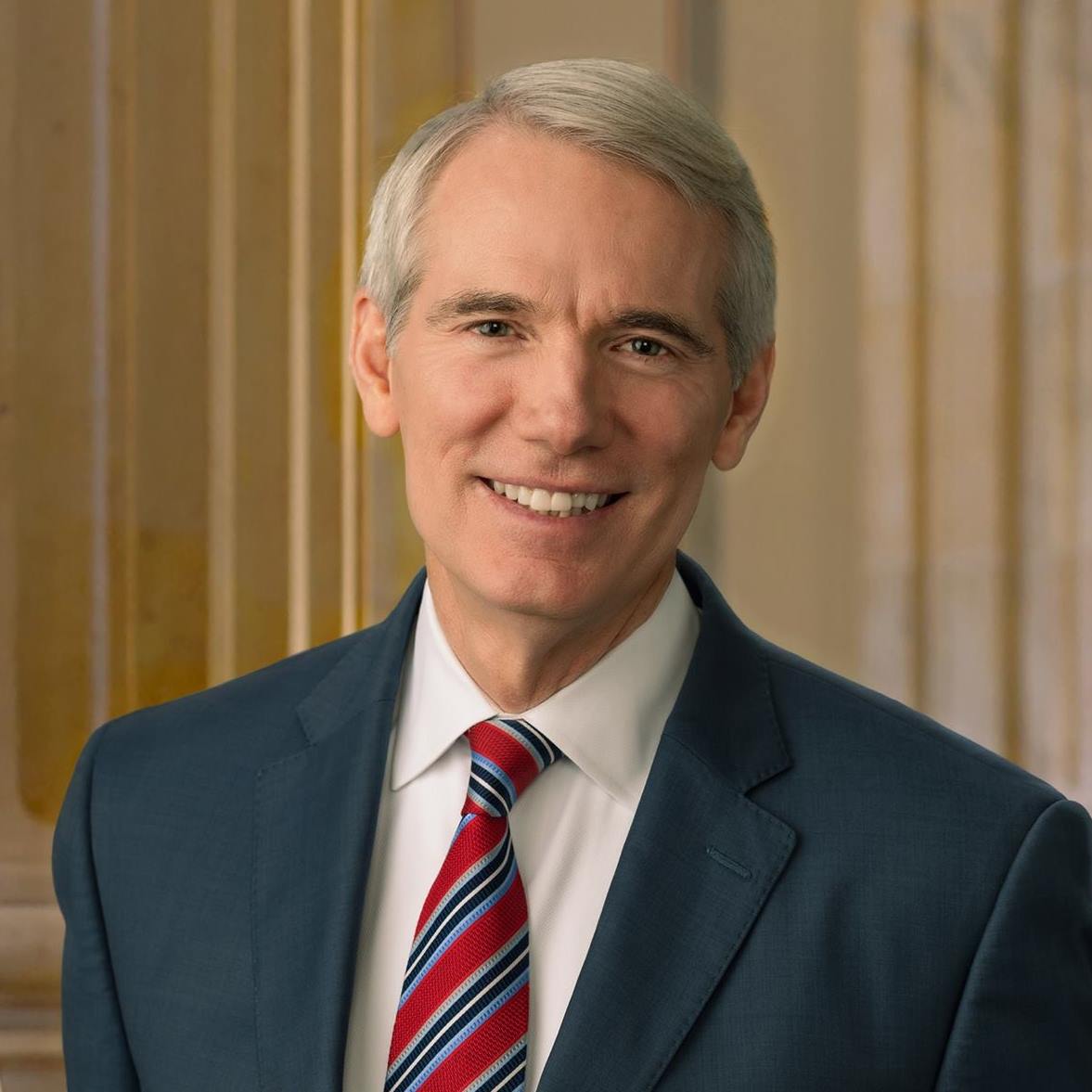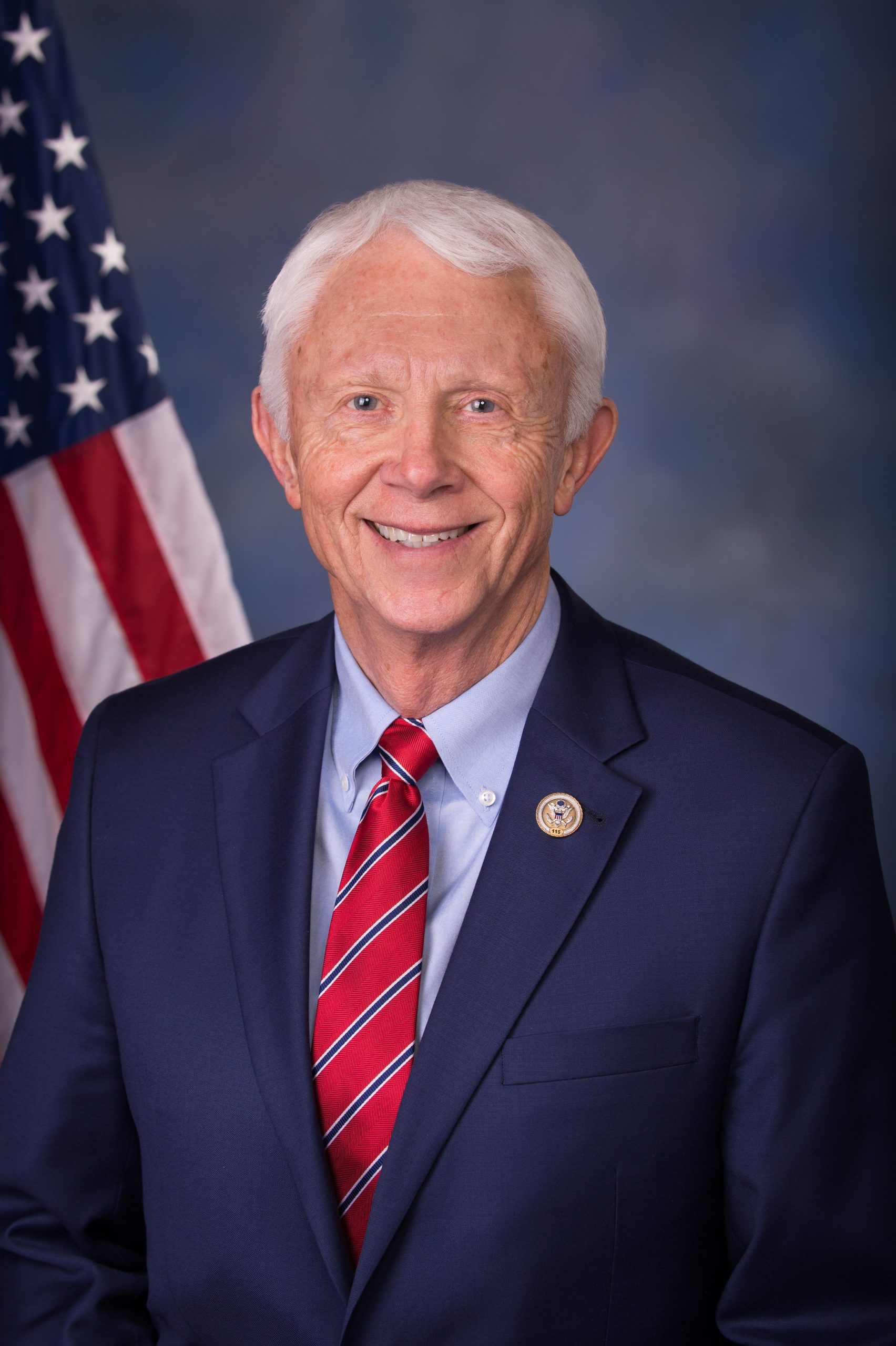CLEVELAND, OHIO (February 11, 2021) – Today the Great Lakes Maritime Task Force recognized the significant contributions Michigan Congressman John Moolenaar (R) has made to the entire Great Lakes Region.
Thanks to Congressman Moolenaar’s leadership, the linchpin of the Great Lakes Navigation System, a new large navigational lock in Sault Ste. Marie, Michigan is under construction. Eighty million tons of cargo, valued at $6 billion and supporting 123,000 jobs, transit the Soo Locks each year. The locks allow cargoes like iron ore and grain to move from mines and farms to customers in the U.S., Canada, and overseas as well as allowing domestic and overseas cargoes to move “up the system” and into upper Midwest markets. It takes legislators like Congressman Moolenaar to move vital maritime infrastructure projects forward. The locks in Sault Ste. Marie, Michigan are of national significance and ensure resiliency to a commercial maritime system that supplies cargoes to America’s industrial base.
“Every Michigan resident cherishes the Great Lakes and wants to ensure future generations can enjoy them too. That’s a responsibility I take seriously and in Congress I have worked to be a strong steward of the Great Lakes,” said Moolenaar. “I am proud to have worked across the aisle to help fund the construction of a new lock at the Soo Locks which will ensure shipping continues to support American jobs in manufacturing, construction, and other industries. I have also supported the Great Lakes Restoration Initiative because it will help protect the Lakes from invasive species and pollution. It’s an honor to receive this award from the Maritime Task Force and I will continue to be an advocate for our state and the Great Lakes in the years to come.”
Congressman Moolenaar has actively advocated for the Great Lakes Navigation System and continues to protect the Great Lakes and the mariners that ply the waters. He was instrumental in the increase of U.S. Army Corps of Engineers funding for the Great Lakes, securing a substantial share of the Harbor Maintenance Trust Fund for the system’s operation and maintenance. The additional funds will be used to improve navigation structures, conduct much needed dredging of Great Lakes harbors and channels, and stabilize and replace failing nearshore infrastructure where high waters have caused significant coastal damage.
Congressman Moolenaar has been a staunch supporter of the Great Lakes Restoration Initiative (GLRI) putting the protection of our waters at the top of the list. His work on the House Appropriations Committee has been vital to ensuring continued and increased funding for the GLRI. Congressman Moolenaar recognizes the Great Lakes as a unique national treasure and the largest system of fresh water in the world, providing drinking water for nearly 40 million people and are an economic driver that supports jobs, commerce, agriculture, transportation, and tourism.
About Great Lakes Maritime Task Force
The Great Lakes Maritime Task Force, with 70 members, is the largest coalition to speak for the Great Lakes Navigation System. Advocating for domestic and international shipping, its members represent labor and management from U.S.-flag vessel operators, shipboard and longshore unions, port authorities, cargo shippers, terminal operators, shipyards, and other Great Lakes interests. The Great Lakes commercial maritime industry supports more than 147,000 American jobs in eight Great Lakes states and generates more than $25 billion in economic activity.


